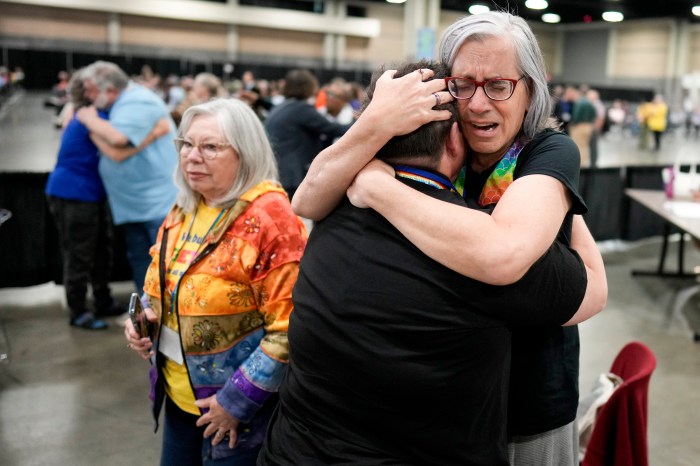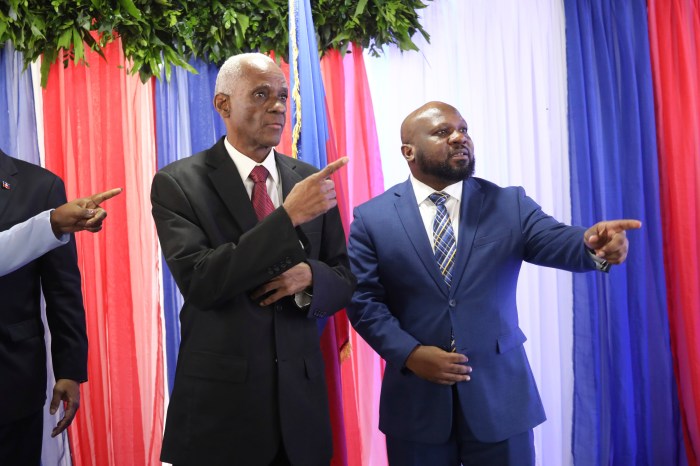A group of Canadians who are victims of marriage frauds have sued the federal government for their misfortunes.
Of course, suing immigration authorities for trusting your judgment and giving you permission to bring your chosen partner to Canada is tenuous at best.
However, that doesn’t mean the system we have in place has adequately served the interests of Canadian sponsors.
When a foreign national is sponsored by their Canadian spouse they earn the right to live here permanently from the second they step foot on Canadian soil with their new status.
For their trouble, the Canadian sponsor becomes immediately liable to the federal government for any social assistance collected by their spouse for the next three years, regardless of how long the relationship lasts and regardless of whether or not the receipt of social assistance was avoidable.
Accordingly, it is not uncommon for the sponsored spouse to leave their partners mere months, weeks, or even days after arrival, and to collect welfare knowing full well that they are here for good and that their Canadian sponsor is going to be on the hook for their maintenance for the next three years.
Canadians who find themselves in this situation will undoubtedly believe that they were duped and will want to have their recently-arrived spouse deported for misrepresentation. However, such cases are not so easy to prove because such allegations are almost always met with an equally plausible claim by the sponsored spouse that their intentions were always pure and that they were forced out of the matrimonial home by an abusive or difficult sponsor.
How do we avoid this?
Firstly, we should re-instate the fiancé class that was eliminated in 2002. Since then, couples feel compelled to marry earlier than planned because they want to be together but are unable to initiate the immigration process without a marriage certificate — there is an exception for common law and conjugal partners. This sometimes leads to rash decisions.
Next, we should consider the American model, which only grants conditional permanent residence to foreign spouses who were married for less than two years at the time of their arrival in the United States. With some exceptions, 90 days before their second year in the U.S., they and their sponsor must submit a joint application to lift the condition. The downside to this model is that during the two-year period some sponsored spouses will fall victim to constant threats of withdrawal of support.
Thirdly, we must seriously consider whether a sponsored spouse should be eligible for financial assistance at the public expense. If there is a marriage breakdown, perhaps they should be returned to their country of nationality if they are unable to support themselves. If this eligibility were eliminated there would be no need for the sponsor’s undertaking of assistance, except perhaps to defray the costs of returning the sponsored spouse home.
These measures undoubtedly raise complex questions of law and public policy. However, now that lawyers have packed their litigation bags, it’s time that we address them.
Guidy Mamann practices law in Toronto at Mamann, Sandaluk and is certified by the Law Society of Upper Canada as an immigration specialist. Reach him confidentially at 416-862-0000 or at metro@migrationlaw.com.
















